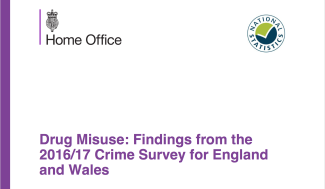Drug Misuse and Dependence: UK Guidelines on Clinical Management
There is no more important document for doctors treating problem drug use in the UK than the so-called ‘Orange guidelines’. This major update will substantially inform judgements of what constitutes acceptable medical practice - should...

